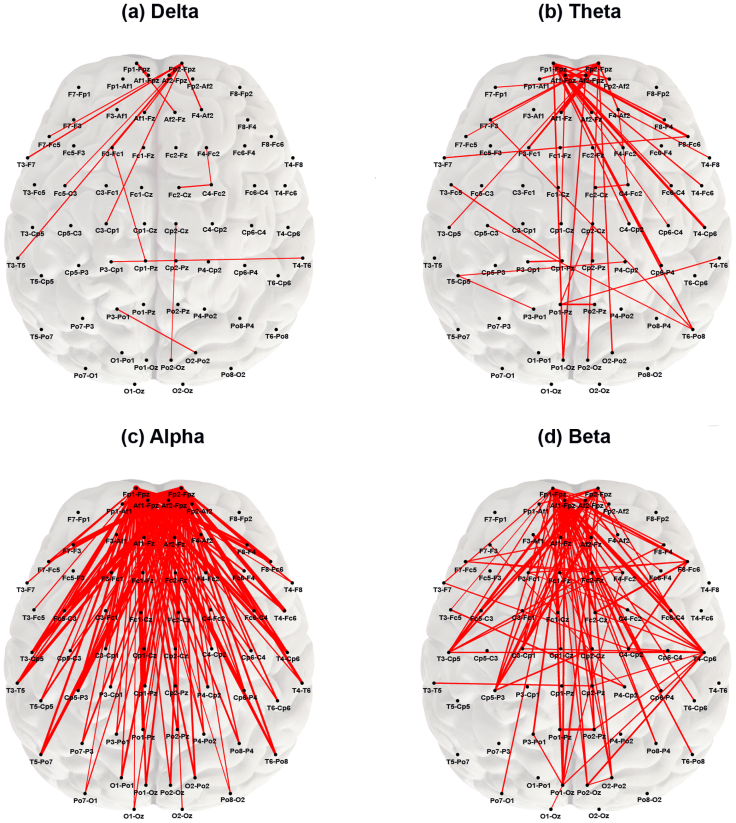Depression May Be Caused by Overly Connected Brain

Recent studies using brain scans have found that the areas of the brain associated with mood, conscious thought, and concentration are hyperconnected in people with depression. The research seems to find an explanation for the problems with anxiety, focus, and memory that are frequently seen in patients with depression.
One study comes from Andrew Leuchter, a psychiatrist at the University of California, Los Angeles, and his colleagues. They analyzed the brain activity of patients with depression. Using functional magnetic resonance imaging (fMRIs) and electroencephalography (EEGs), they measured the amount of activity in the limbic and cortical areas of the brain, which are responsible for processing emotions.
The researchers found that, in depressed patients, the limbic and cortical areas of the brain fired off more neural messages between one another than did those areas in healthy controls. Leuchter said to Scientific American that, in patients with depression, it seems likely that these signals are amplifying negative thoughts and drowning the neural messages that tell the person's thoughts to move on. Their results were published in PLoS One.
Another study, published earlier this year in Biological Psychiatry in April, led by Shuqiao Yao at Central South University in Hunan, China, looked at the same corticolimbic connections, with more nuanced results. They found that, for some areas of the corticolimbic systems, increased connectivity was linked with more negative thoughts. Decreased connectivity in other areas was associated with impairment of autobiographical memories. Memory impairment, too, is a symptom found often in sufferers from depression.
Yet another study, this one published in the Proceedings of the National Academy of Sciences and led by Jennifer S. Perrin from Scotland's University of Aberdeen, looked at the effects of electroconvulsive therapy. Electroconvulsive therapy - also known more commonly as shock therapy - has been controversial among some circles. But the study found that the therapy not only worked in alleviating the symptoms, but eliminated some of the very connections that the previous studies mention.
Scientists remain currently unaware whether the connectivity differences are a cause or effect of depression, though the research by Perrin indicates that they are a cause. Regardless, the studies will hopefully point researchers toward increasingly effective treatments for depression.
Published by Medicaldaily.com



























